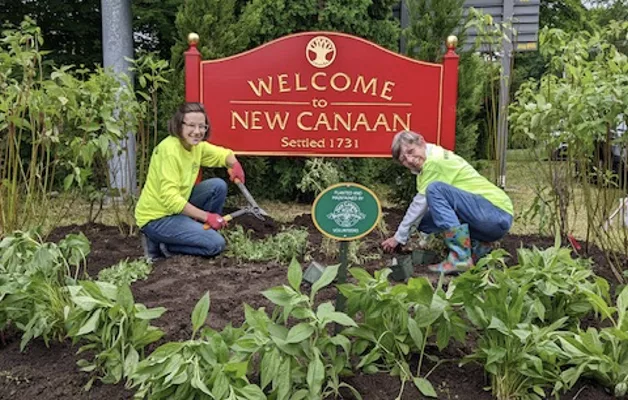Disasters come suddenly, without ceremony or warning. A house fire in the night. A flood that swallows a town whole. A storm that leaves families sifting through rubble, searching for what remains. In those moments, the American Red Cross is there, stepping forward as the light in a dark hour, bringing blankets, shelter, a warm meal, and the reassurance that help has arrived.
They were there when the people of Lahaina watched their town burn to the ground, the wind-whipped flames moving faster than any warning could travel. They were there when late-season hurricanes battered Florida and rains washed away everything in North Carolina, leaving homes submerged and families stranded. They were there when tornadoes ripped through Tennessee, when wildfires devoured whole neighborhoods in California, when sudden, punishing storms turned highways into death traps from Kentucky to California. The Red Cross arrives when the worst has happened and stays long after the television cameras have left.
This is what they do. They bring help, and they do it without fuss or fanfare. They don’t ask if the people they’re helping can afford it, and they don’t wait for paperwork to be filed. They move fast because disasters do not wait. In a crisis, they are the first ones through the door with food and cots and medicine, the first ones to look a shaken child in the eye and say, “You’re safe now.”
It is an operation of breathtaking scale. Every year, the Red Cross responds to an average of 60,000 disasters in the United States alone. House fires make up the majority—small tragedies in individual lives that do not make the news, but that leave families with nothing but the clothes they were wearing when they ran outside. The Red Cross is there for them just as they are there for the ones who lose everything in hurricanes and floods.
Their reach extends beyond disaster relief. They are the unseen force behind the nation’s blood supply, collecting and distributing nearly 40% of all donated blood in the United States. When a trauma victim arrives at an emergency room, when a cancer patient needs a transfusion, when a newborn in distress requires a rare blood type, the odds are good that it came from a Red Cross donation. It is a system that saves lives every day, but only if the supply holds.
They serve the country’s military families, too. They are the ones who deliver the message when a soldier overseas has lost a parent, the ones who provide emergency financial assistance, the ones who help guide veterans through the bureaucratic maze of post-service life. It is the quiet work of keeping people connected, of helping them stand when they are unsteady.
But here is the thing: the Red Cross does not do any of this alone. It is not a government agency. It does not receive automatic funding. It exists because people make it exist. It is powered by donations and by volunteers, and it always needs more of both.
Donating to the Red Cross is not abstract charity. It is not writing a check and hoping it does some good. It is paying for the blankets wrapped around families left homeless by an earthquake. It is covering the cost of meals handed to flood victims who have lost everything. It is the reason there is blood in the hospital when a child needs surgery.
And volunteering—well, that is where the Red Cross gets its strength. They do not run on staff alone. They need people willing to roll up their sleeves, whether to work in a disaster shelter, assist with logistics, or help run a local blood drive. They need people who will answer the call when a fire displaces a family in their own town, who will step forward when a hurricane hits the coast, who will do what is needed when the worst happens to someone else.
New Canaan is a place that understands service, that knows what it means to show up when people need help. The Red Cross needs that kind of support now. Because disasters are not slowing down, and when the next one comes—when the water rises, when the fire spreads, when the storm leaves nothing but wreckage behind—the Red Cross will be there if they can. We should never take for granted that they can. We need to be sure they can.
To donate, to volunteer, to give blood, visit redcross.org. It matters.



